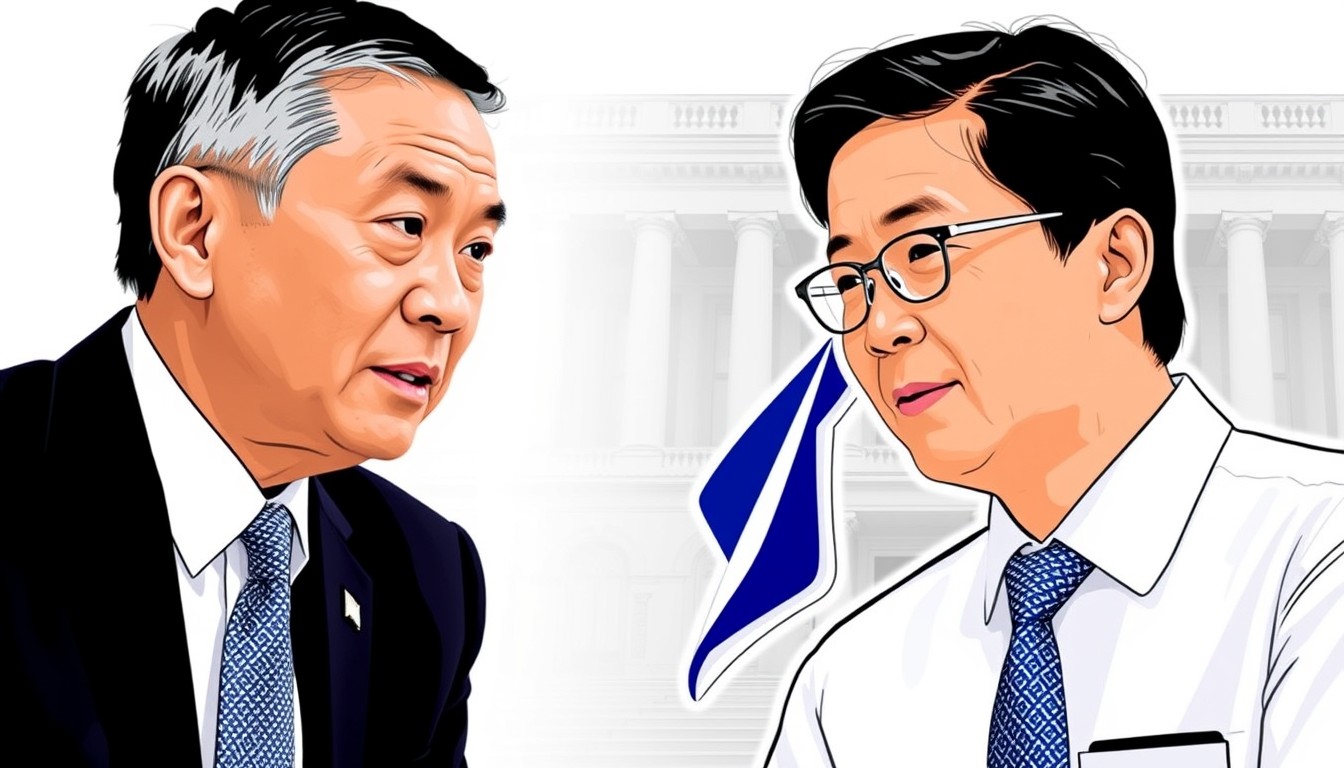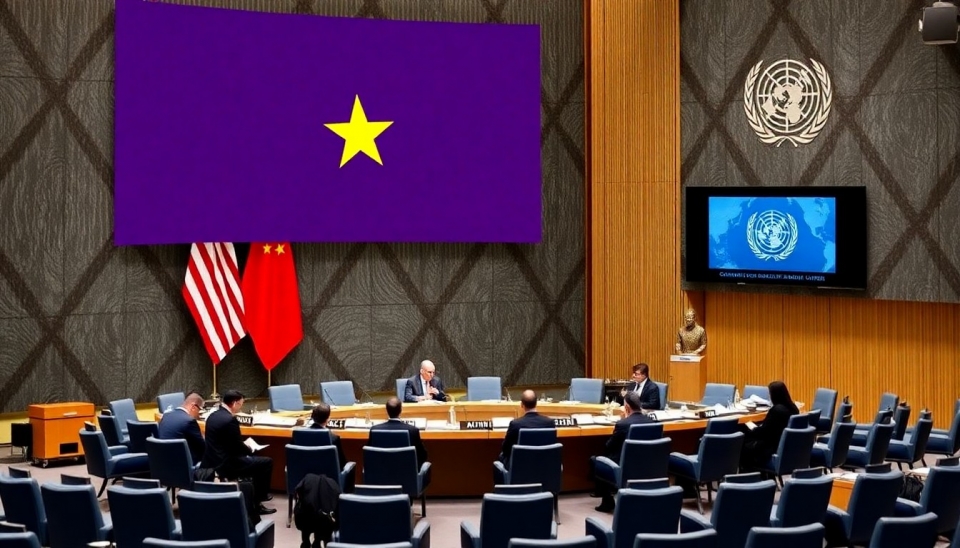Thai Central Bank Faces Pressure for Rate Cuts from New PM

The Thai central bank may face increasing pressure to lower interest rates following the appointment of a new Prime Minister. After elections held last month, the new administration expressed intentions to ease monetary policy, raising concerns about inflation and economic stability. The escalating political situation and economic uncertainty challenge the bank's previous forecasts of maintaining rates at current levels.
Economists and analysts have already begun revising their projections, anticipating that under the new government, more aggressive monetary measures will be considered. This situation alarms investors who worry that such actions could negatively affect the Thai baht's value and impact foreign direct investment inflows.
Markets predict that the central bank might reduce the key interest rate at the next meeting, potentially as a response to the new government's environment and economic strategy. Comments from new cabinet members regarding financial policy are also signaling possible changes in economic management approaches.
Observers agree that against the backdrop of new political realities, the central bank may be forced to act with greater flexibility to support economic growth and stability in an environment where risks remain high. This intensifies debate over the appropriateness of easing monetary policy, placing the central bank at a crossroads: to act depending on the political context or to adhere to previously established targets for inflation and interest rates.
Thus, the future economic moves of the new Prime Minister will be closely monitored by both local and international economic experts.




